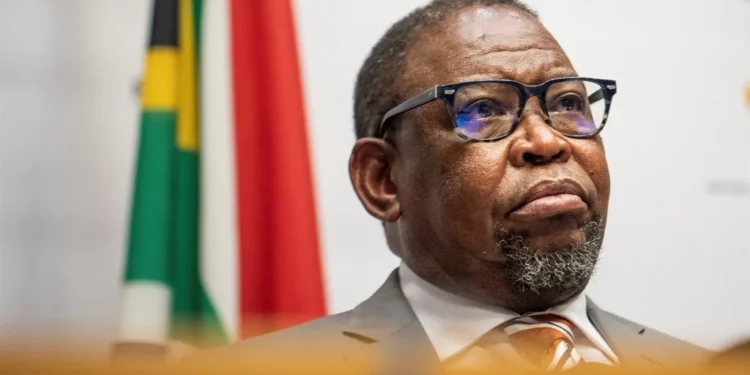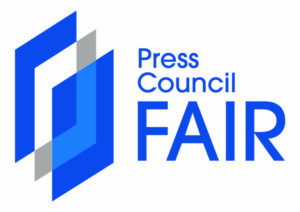The country, and especially the Finance Minister Mr. Enoch Godongwana in South Africa, faces the monumental task of swiftly eliminating risks associated with corruption, money laundering, and the financing of terrorism, as he stated in the budget vote speech on 17 July 2024 in Cape Town. He said, “We are speedily implementing the action plan agreed to by South Africa and the Financial Action Task Force (FATF).” He continued, saying that the government is working diligently and collaboratively to address all the deficiencies identified, and he believes that an exit from the grey listing could take place as early as the first quarter of 2025.
As a democratic country, what do we understand about grey listing and what it means for us as citizens? Well, grey listing refers to the FATF’s practice of publicly identifying countries with strategic deficiencies in their anti-money laundering and counter-financing of terrorism regimes. These include jurisdictions under increased monitoring that are actively working with the FATF to address these deficiencies, and high-risk jurisdictions subject to a call for action that are not engaging with the FATF to address deficiencies.
According to a note by the FATF in its statement of 24 February 2023, “Jurisdictions under increased monitoring are actively working with the FATF to address strategic deficiencies in their regimes to counter money laundering, terrorism financing, and proliferation financing.” It continued to say that when the FATF places a jurisdiction under increased monitoring, it means the country has committed to swiftly resolving the identified strategic deficiencies within an agreed time frame and is subject to increased monitoring.
This is a step in the right direction, but it requires more robust tightening of anti-corruption and money laundering measures, including the finalization of court cases against those involved in corruption. The case of the Venda Building Society (VBS), the recent discovery of military training of foreign nationals in White River, Mpumalanga, and the increase in illegal mining activities, including church-based money laundering, are some of the issues hindering the minister’s efforts.
Most of these deficiencies are the result of the historical state capture reports from 2019 and 2021. The South African government, as it actively engages with FATF, hopes to address these deficiencies by the first quarter of 2025. With the support of the Government of National Unity and other ministers, these implementations will strategically eliminate such deficiencies.
According to the FATF, these eight deficiencies include: (1) ensuring the effective implementation of targeted financial sanctions and demonstrating an effective mechanism to identify individuals and entities that meet the criteria for domestic designations, among others.









